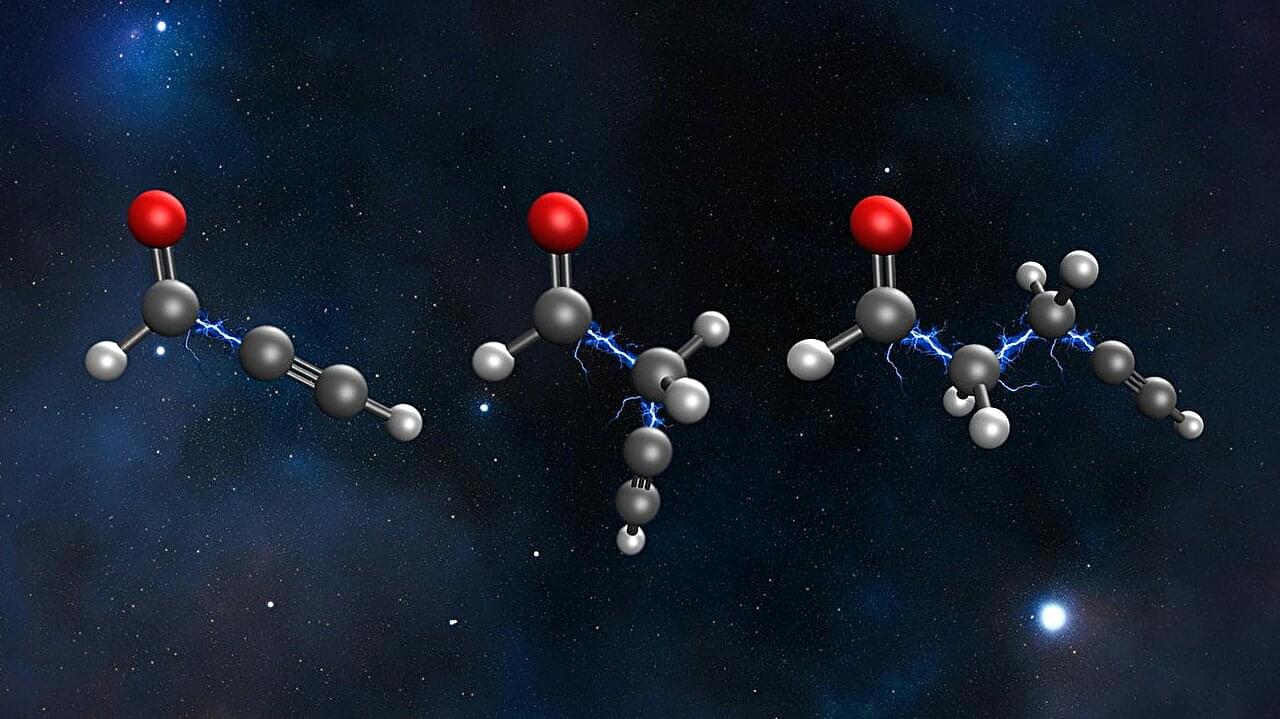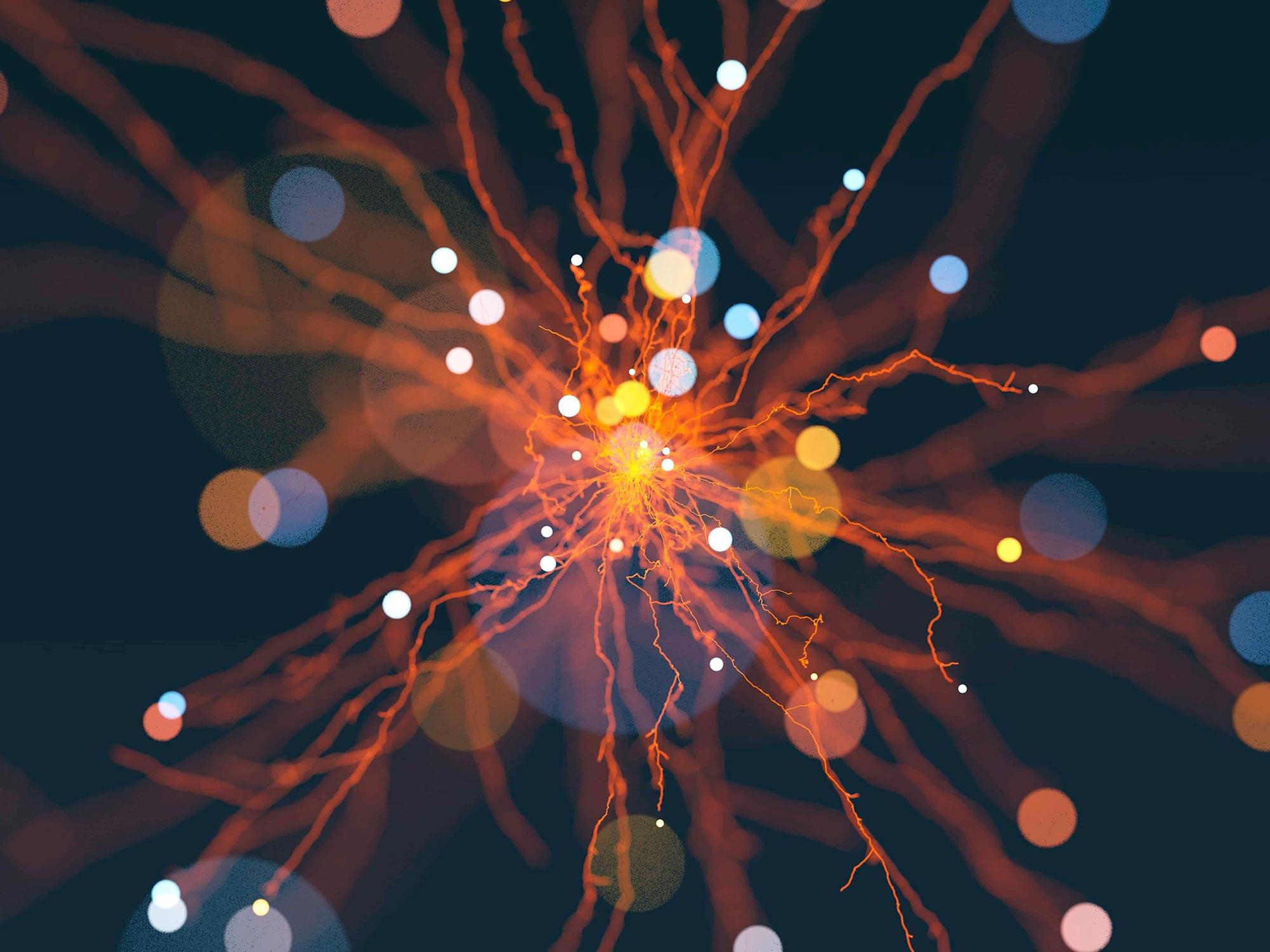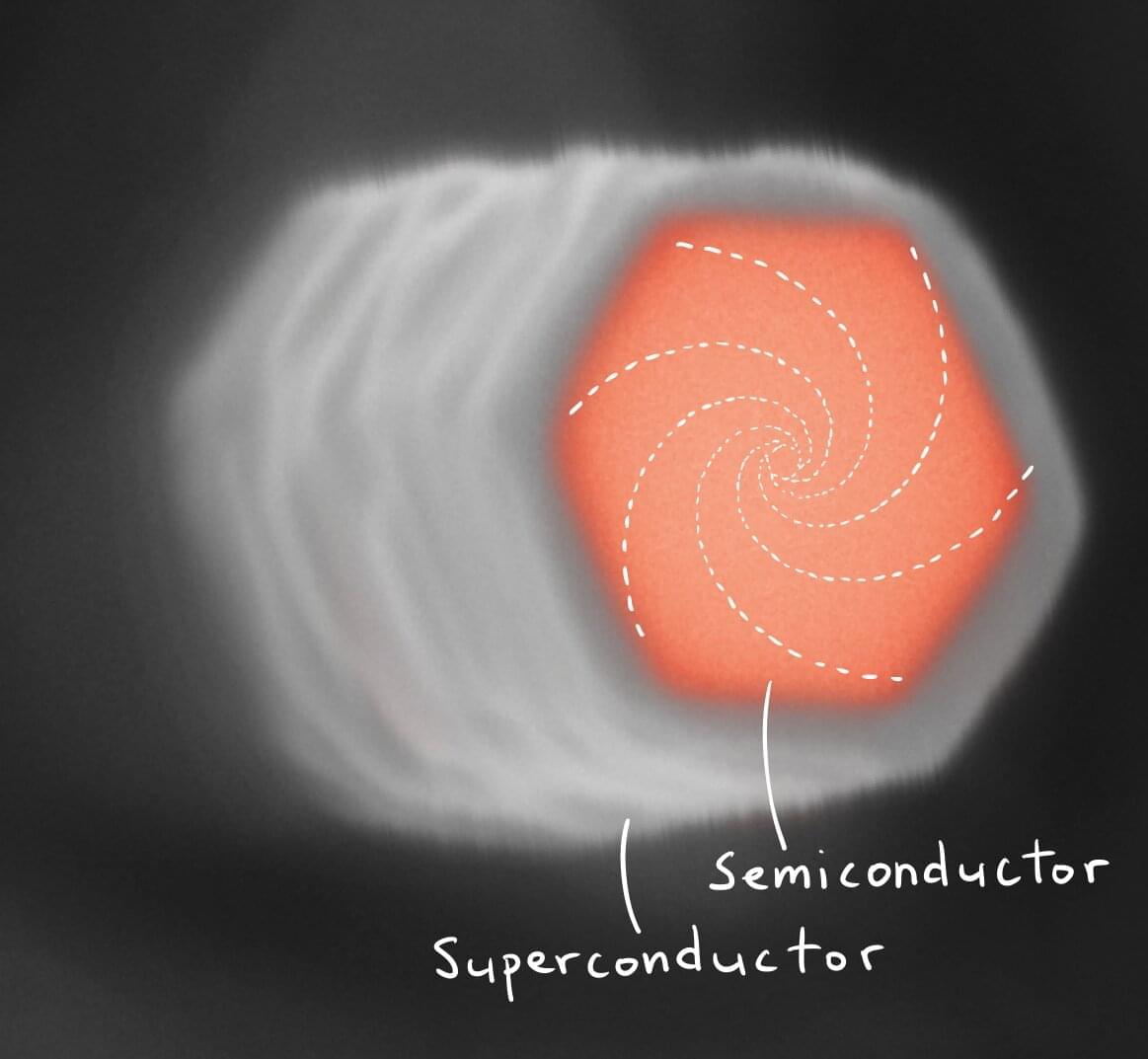A team at EPFL and the University of Arizona has discovered that making molecules bigger and more flexible can actually extend the life of quantum charge flow, a finding that could help shape the future of quantum technologies and chemical control. Their study is published in the Proceedings of the National Academy of Sciences.
In the emerging field of attochemistry, scientists use laser pulses to trigger and steer electron motion inside molecules. This degree of precision could one day let us design chemicals on demand. Attochemistry could also enable real-time control over how chemical bonds break or form, lead to the creation of highly targeted drugs, develop new materials with tailor-made properties, and improve technologies like solar energy harvesting and quantum computing.
But the big roadblock is decoherence: Electrons lose their quantum “sync” within a few femtoseconds (a millionth of a billionth of a second), especially when the molecule is large and floppy. Researchers have tried different methods to sustain coherence—using heavy atoms, freezing temperatures etc. Because quantum coherence vanishes at macroscopic scales, most approaches to sustaining coherence operate on the same assumption: larger and more flexible molecules were assumed to lose coherence more rapidly. What if that assumption is wrong?









